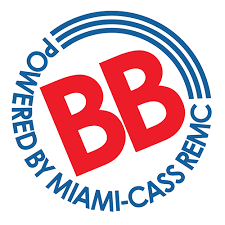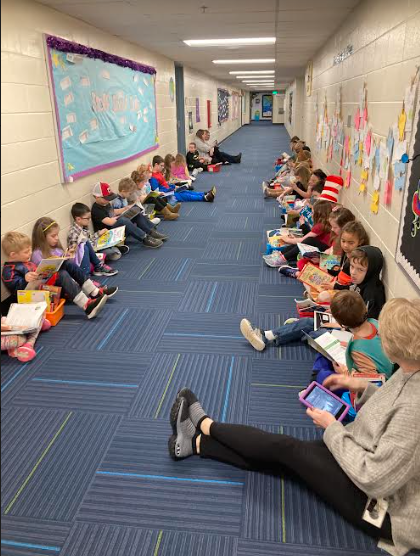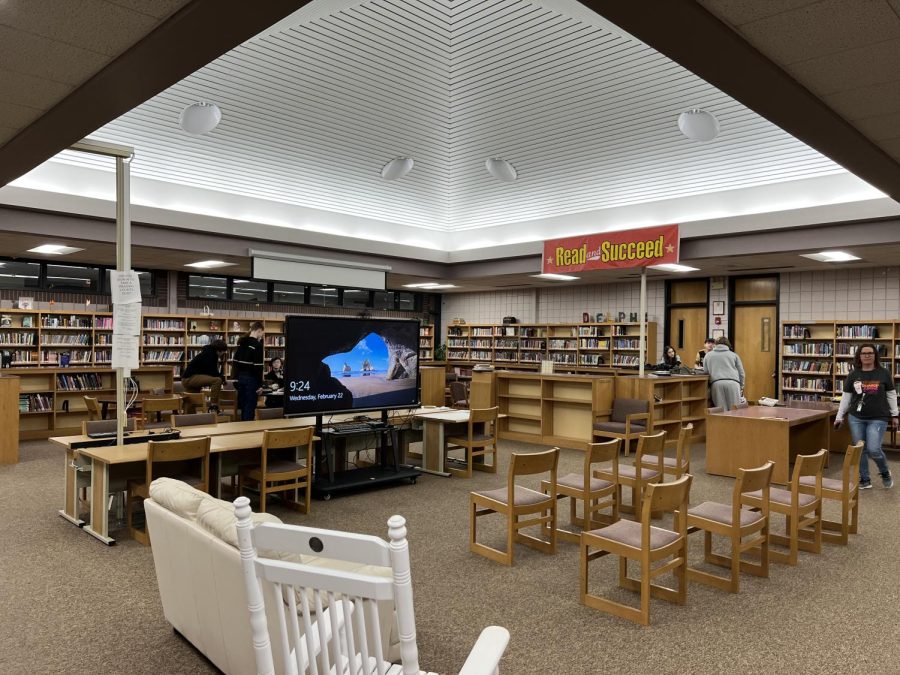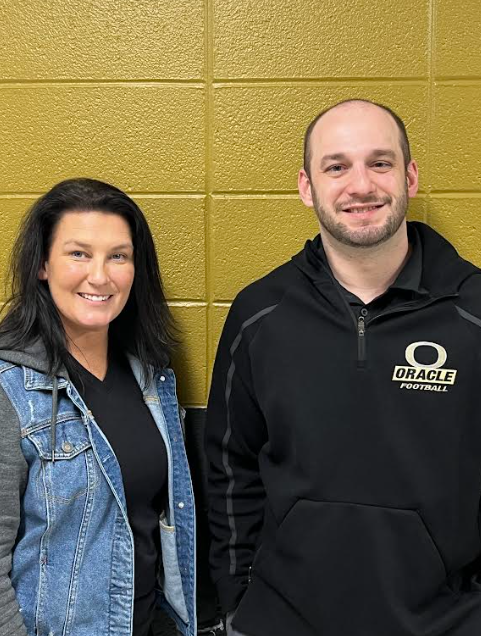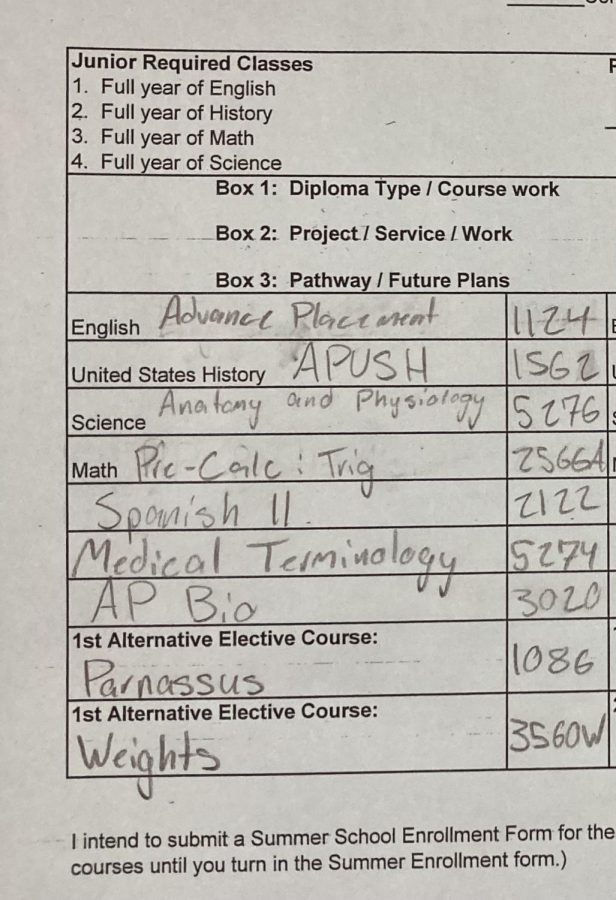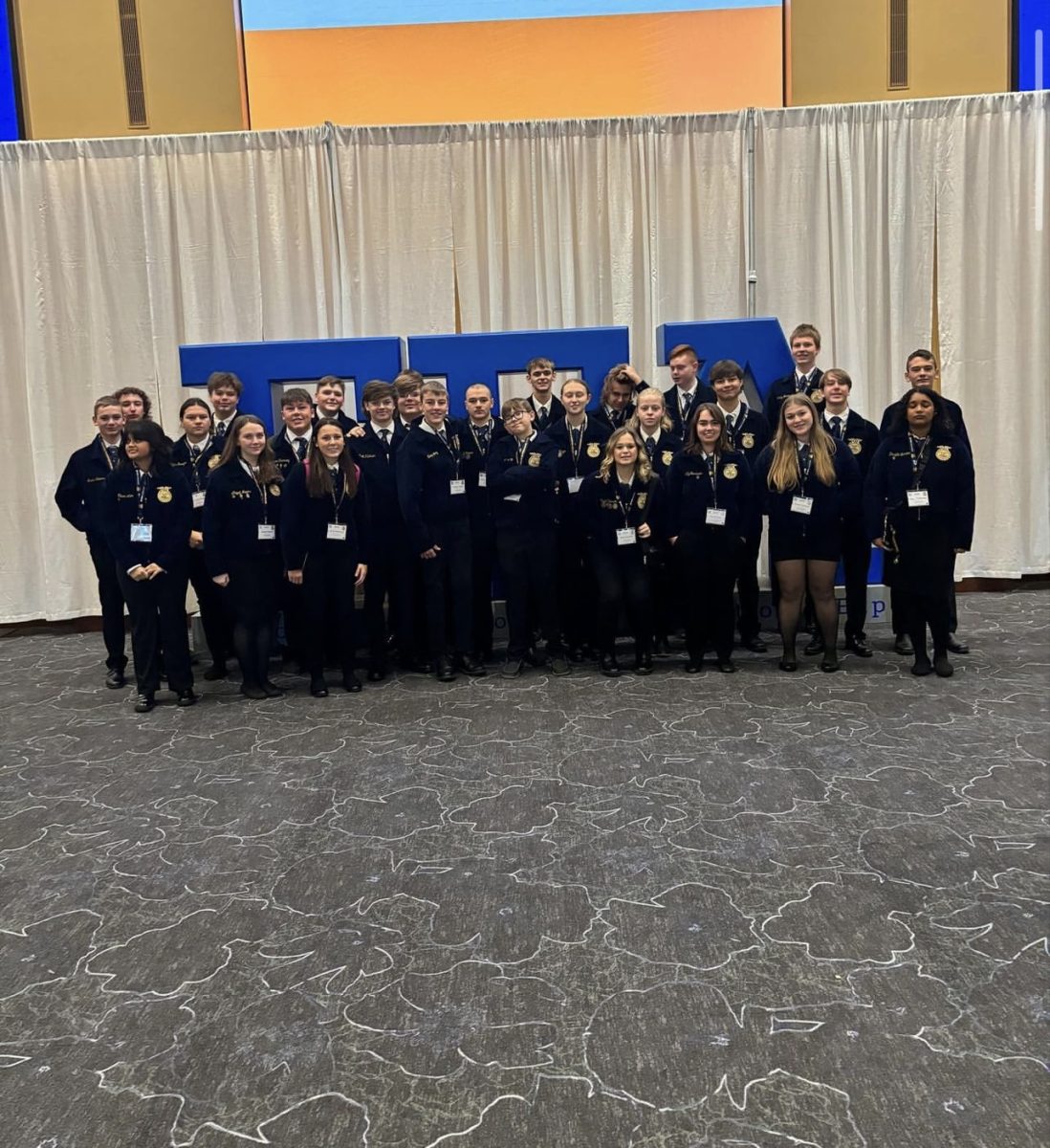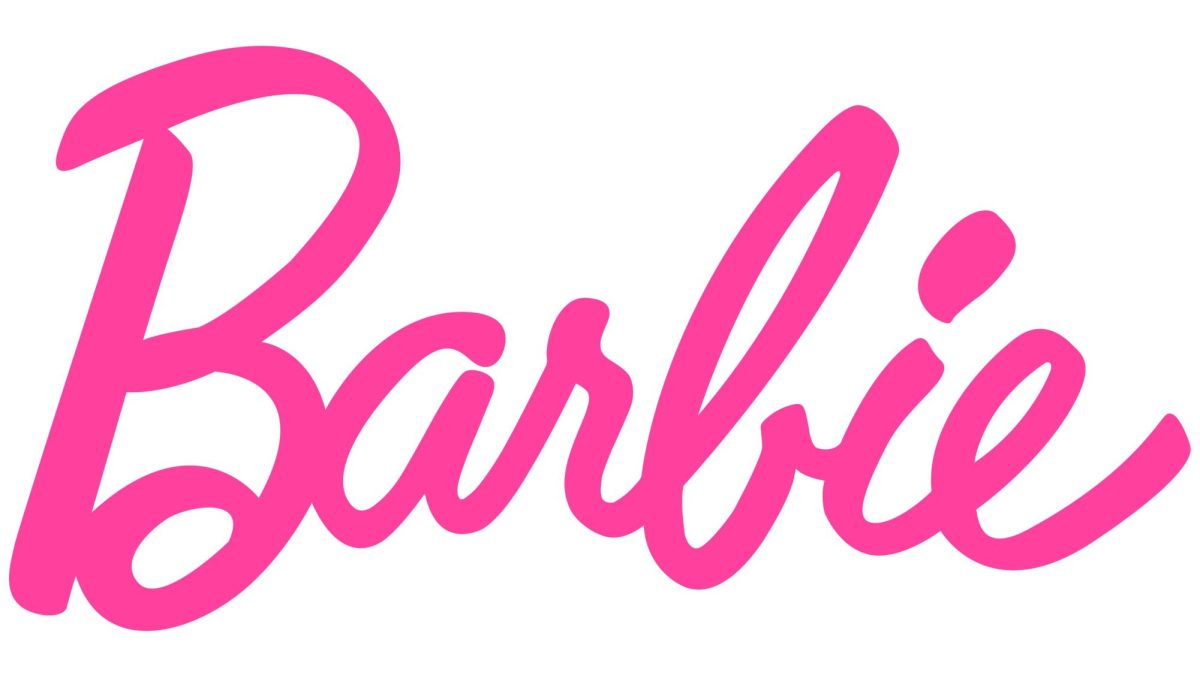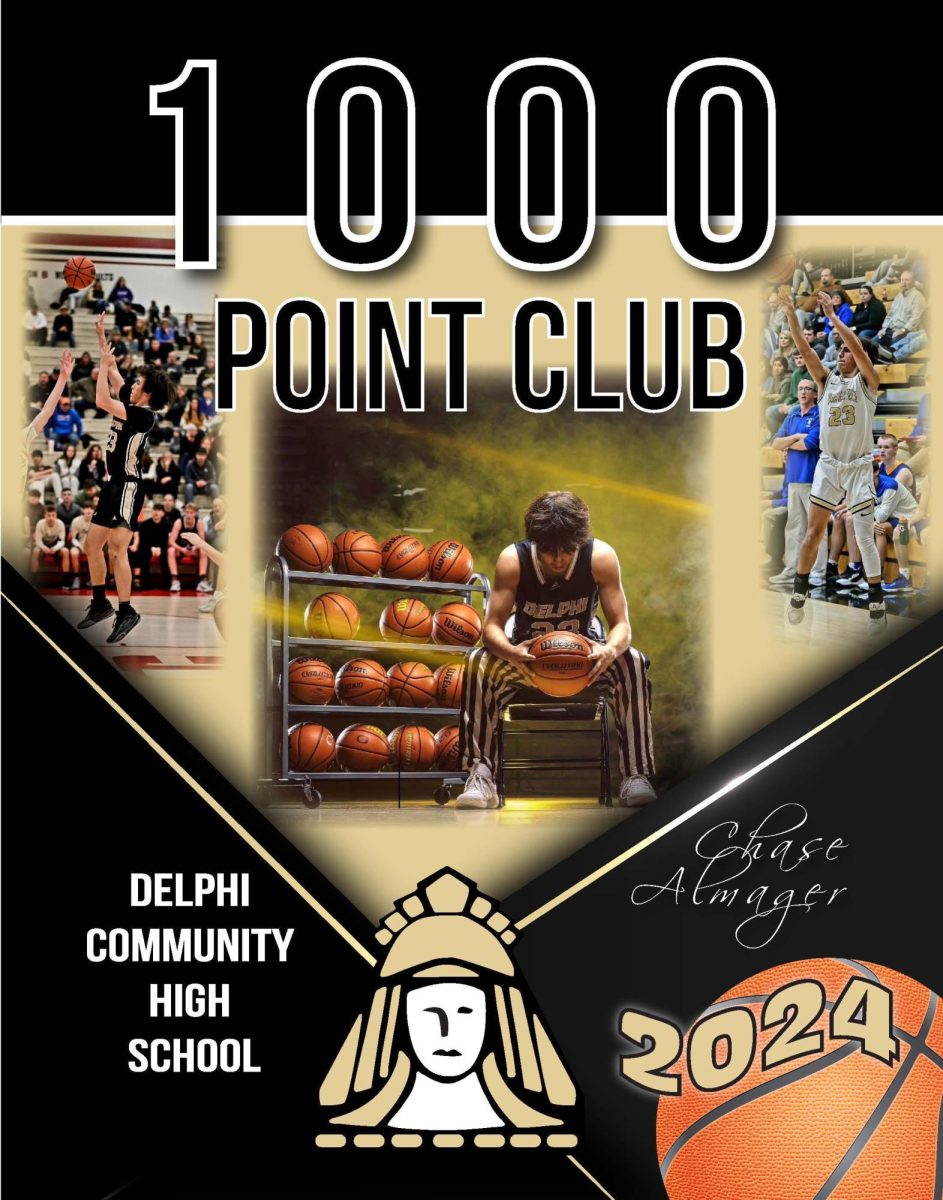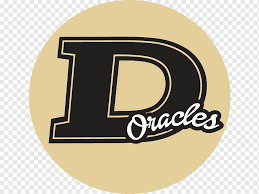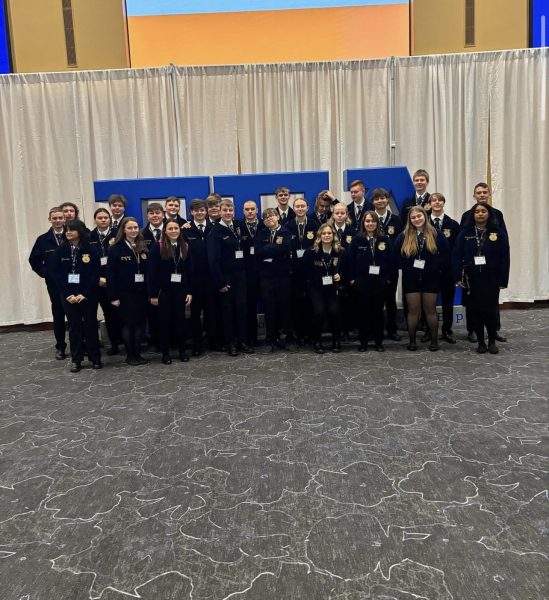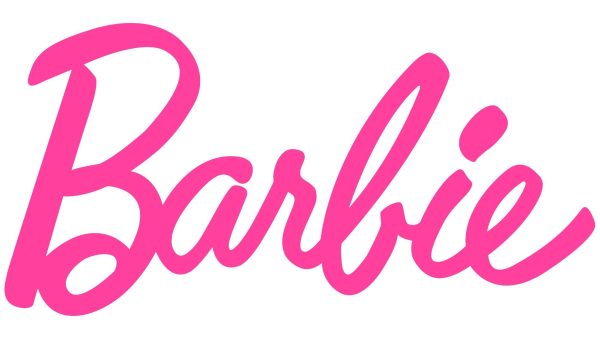Many factors impact school’s filtering policy
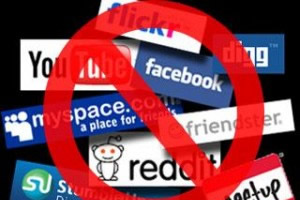
It’s no secret to DCSC students that Delphi schools block many websites. Every single student has, one time or another, had, “Sorry, ____________ is not available because it’s categorized as ____________.” YouTube videos that should be allowed are labeled as ‘Restricted’. Students trying to use a site for educational purposes are met with the stunning realization that they can’t use this site for school, because “the powers that be” decided that the students didn’t need it.
These are just some of the challenges students and staff face with its network management. But why is it that Delphi filters so much? Is it that they’re just too “trigger-happy” with the block button, or is there something much larger at play?
According to Mr. Gear, Technology Director of DCSC, the real reason the we can’t get to an educational website that we need is because of the system our school uses, Lightspeed Systems. Lightspeed uses computer algorithms to specifically target keywords or images, and then human workers go through them and make the final decision on what should be blocked. All of those decisions go to our school filter, and Mr. Gear can decide for the school whether or not the site stays blocked.
Of course, there are multiple factors as to why the school chooses to block things. One of the big reasons is because of the Children’s Internet Protection Act (CIPA) which Congress enacted in 2000, and updated in 2011. There’s a whole lot of legalese in there, but CIPA basically states that as long as the school addresses access to inappropriate content to minors and addresses the safety and security when using electronic communication, then the school can receive the e-rate funding. According to the FCC Consumer Guide to CIPA, the e-rate is “a program that makes certain communications services and products more affordable for eligible schools.”
As usual, people want something to be angry at. So what is it? The federal or state government? Lightspeed systems? Or how about the Delphi School Corporation? Actually, one of the real answers is the need to appease potential angry taxpayers.
Let me explain. Our laptops are paid for by state taxes. We get to use them for free. However, because someone else paid for these laptops, we have to abide by their rules. If taxpayers feel like students are using technology irresponsibly, they are more likely to complain about it. With that could come petitions and lawsuits and a number of other things. So, to appease these complainers, the school has blocked some sites that seems a bit odd to us.
Actually, compared to other schools, Delphi is relatively lax when it comes to our blocking standards. “At my previous workplace, it took me two years to get YouTube completely unblocked,” said Mr. Kline of his previous school. Mr. Gear agreed, saying that whenever he talks with his tech friends from other schools, he hears about how it is so hard to get some websites and options unblocked.
So what do we do if we want some thing unblocked? Mr. Gear says just to ask. “My law is, would I look at it in front of my grandmother? Bottom line, you aren’t hurting us when you don’t pay attention during class, and are instead on games or YouTube. You’re only hurting yourself. My ultimate goal is not to block things that we need, but to use them in an educational way.”

Jordan is a senior at Delphi, and this is his third year writing for Parnassus. He is involved in Interact, SADD, NHS, Band, and swims on the swim team....

